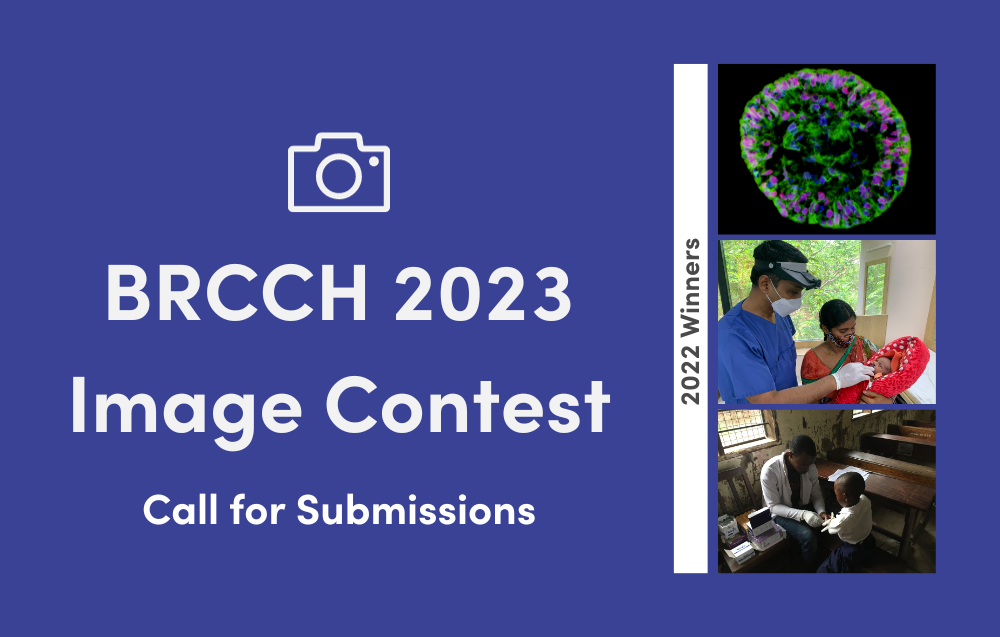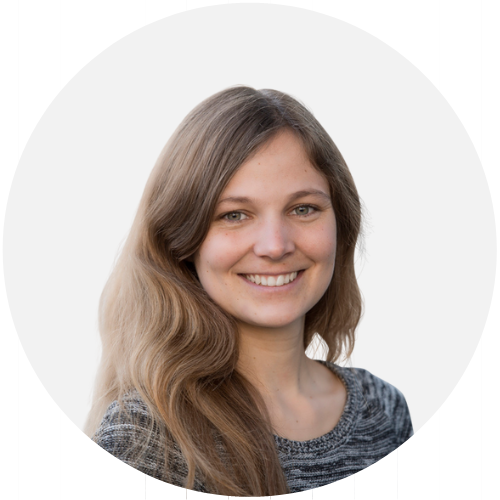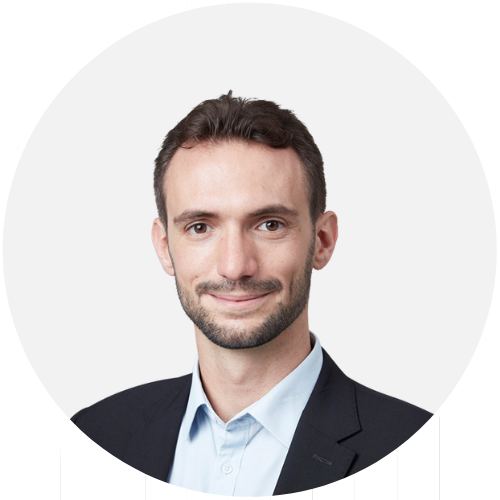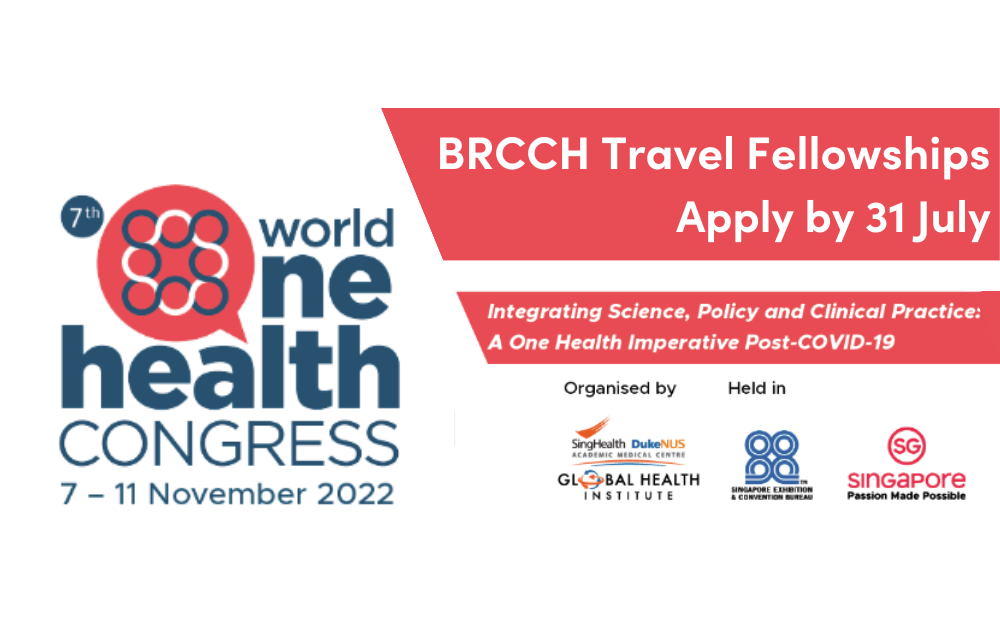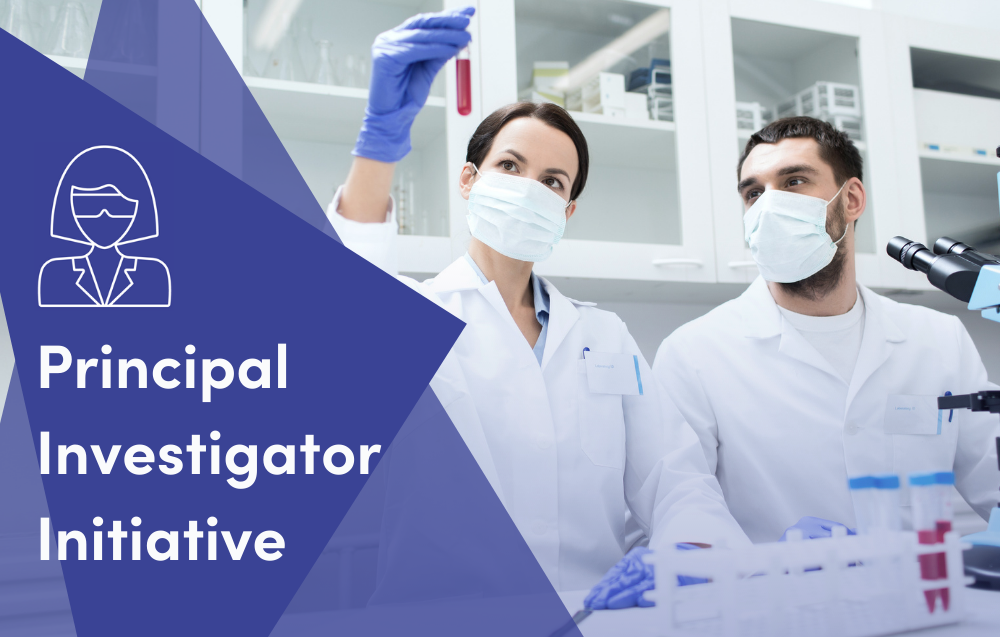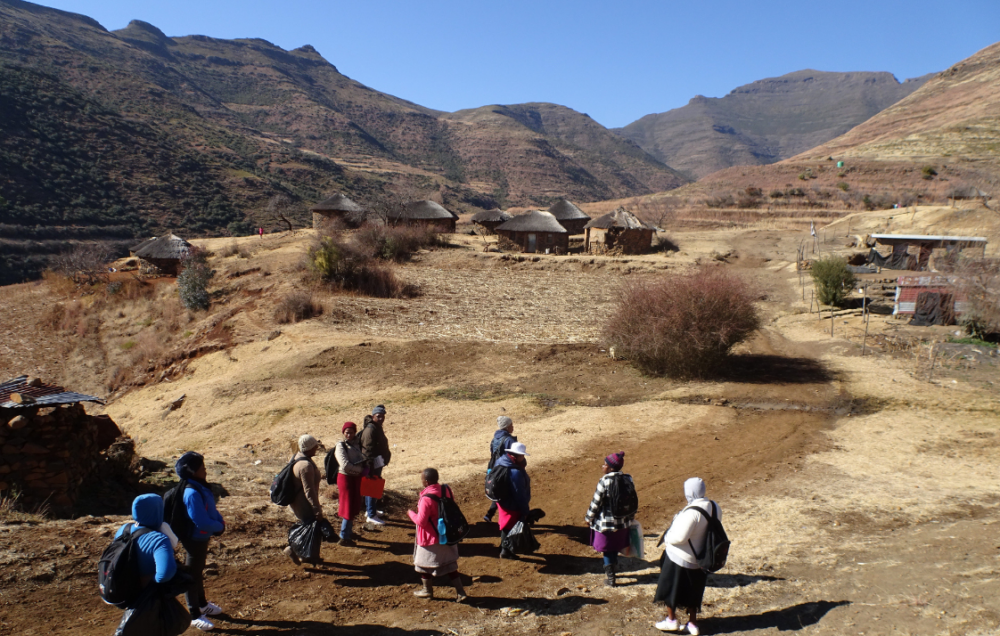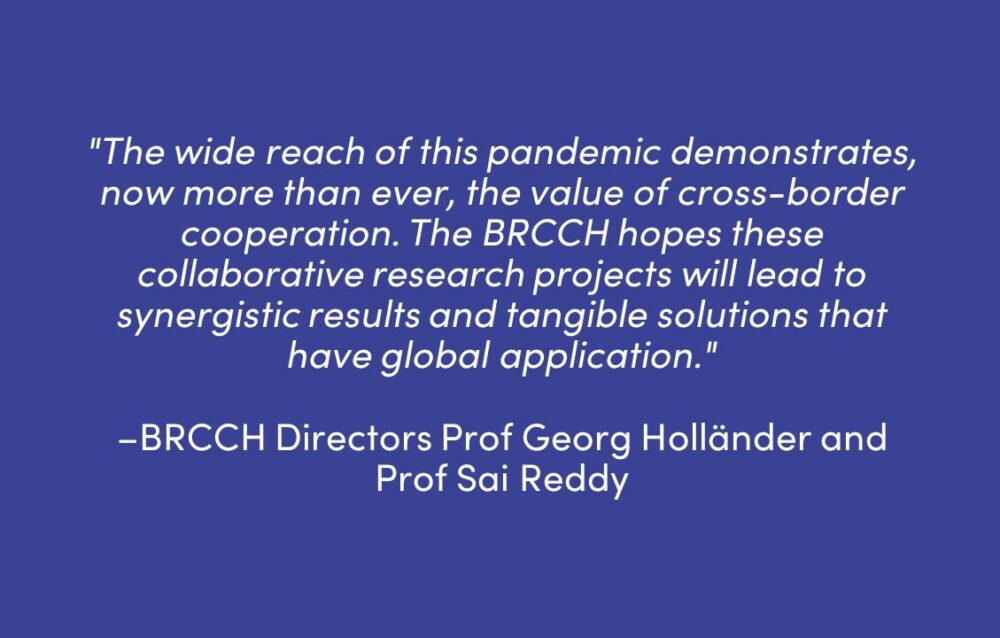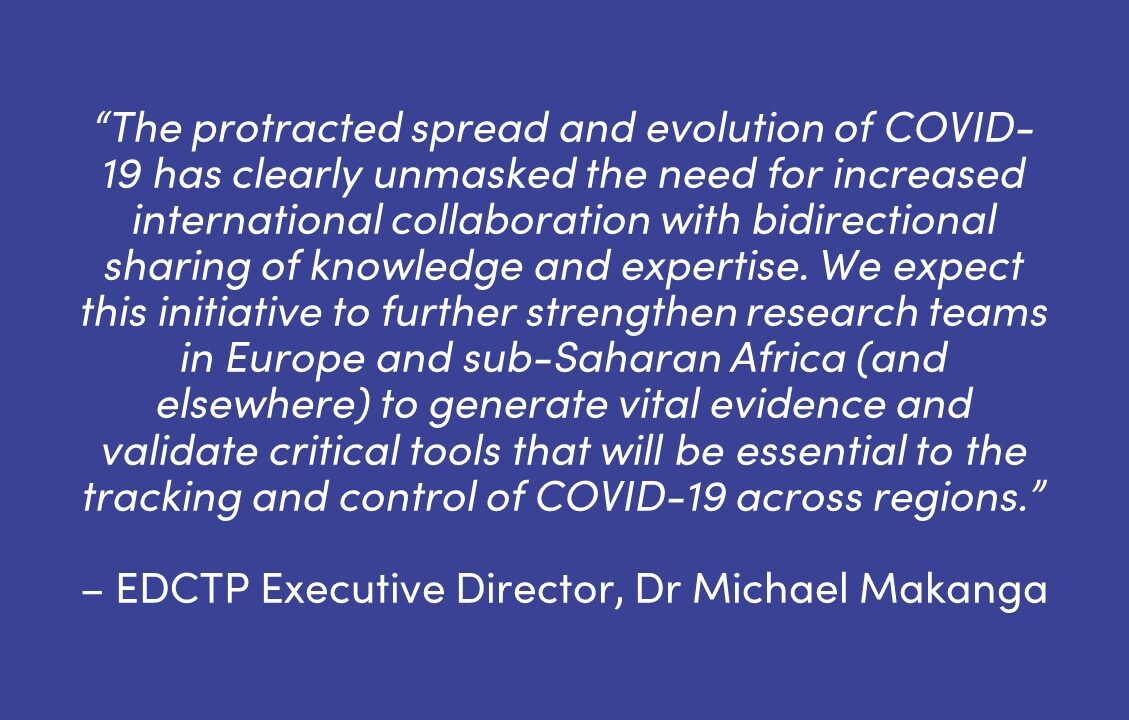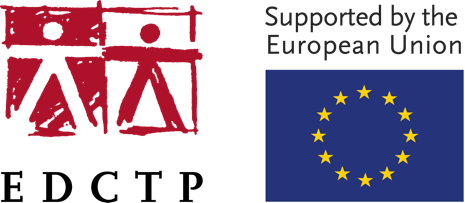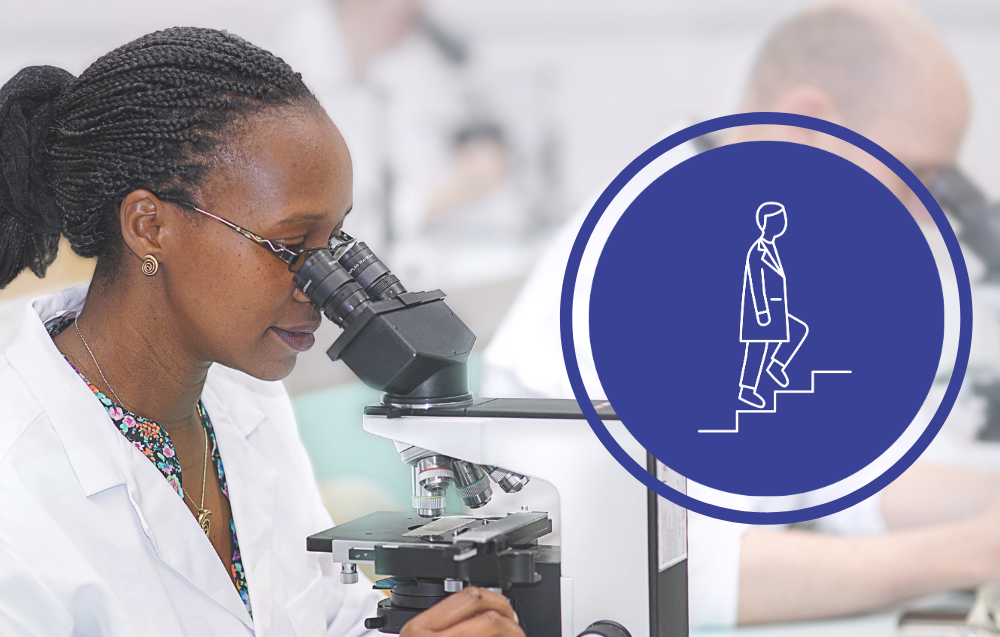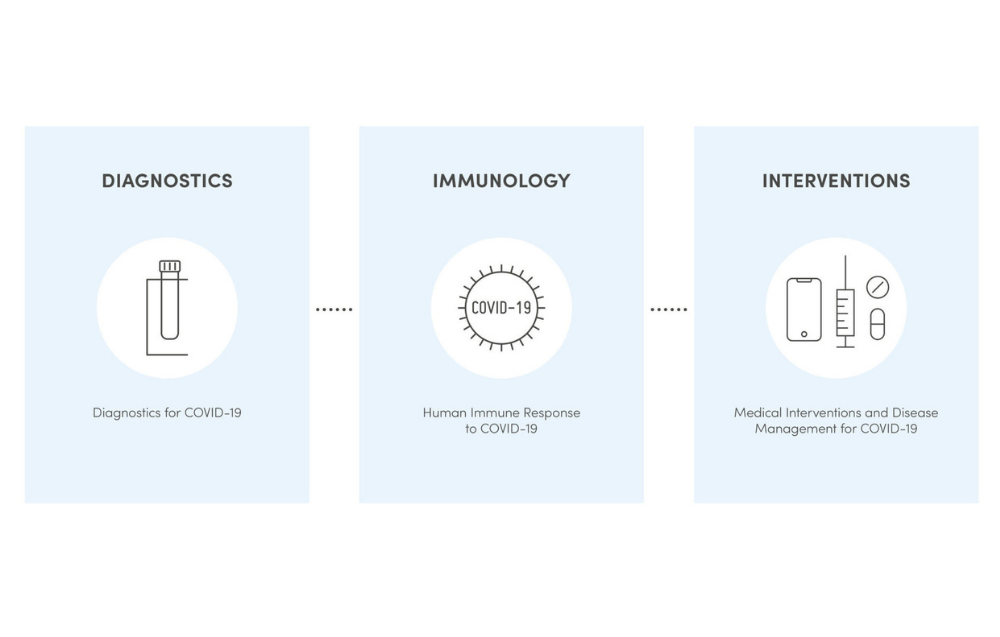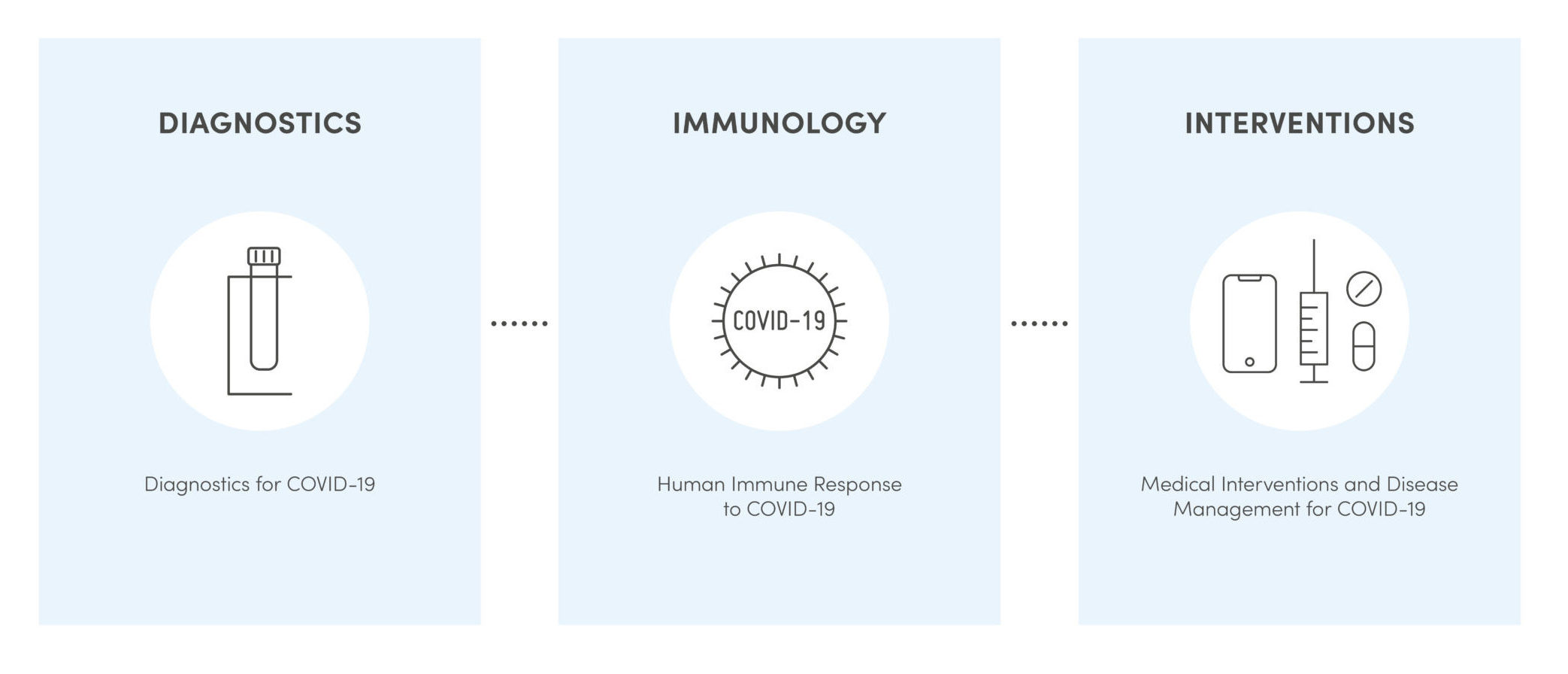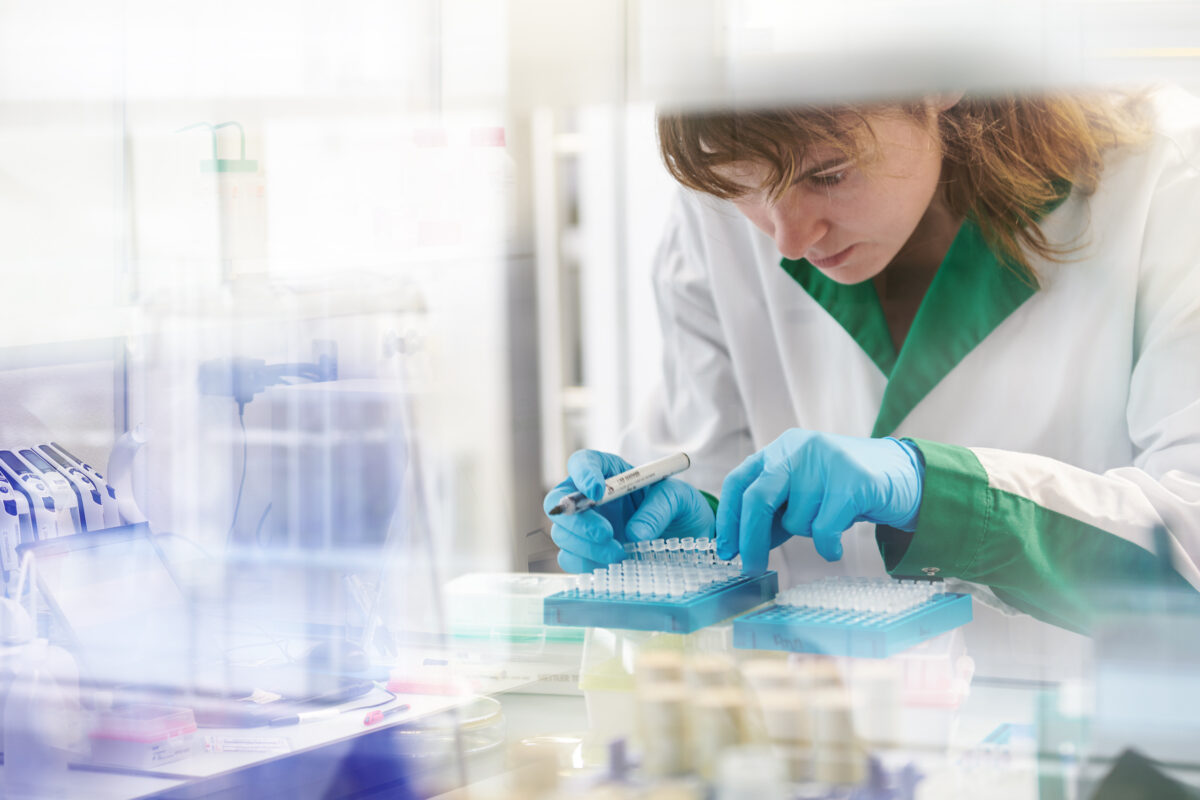Multi-Investigator Programme (MIP)
The BRCCH is pleased to announce its Multi-Investigator Programme (MIP) projects for the 2019 Call, which establish the first cornerstones of the Centre's research portfolio to improve the health and well-being of children and adolescents worldwide. MIP projects bring together researchers from its four partner institutions and therefore represent collaborative and multi-institutional research consortia.
The projects will start in early 2020 and will continue for five years. The Principal Investigators will introduce their projects on the inaugural Spotlight Day of the BRCCH on Thursday, 30 January 2020 at the Zentrum für Lehre und Forschung of the University Hospital Basel.
The BRCCH supports the following Multi-Investigator Projects:
Digital Support Systems to Improve Child Health and Development in Low-Income Settings
In many low- and middle-income countries, families living in remote areas often have insufficient access to healthcare and health-related services to adequately support their children in the first years of their life. As a result, children’s early development is often delayed compared to children who grow up without such adversity, limiting their potential to lead a healthy and prosperous life. To address this, a new project led by Professor
Günther Fink and Professor
Daniel Mäusezahl will assess the extent to which a mobile phone-based interactive app can support the well-being of infants and young children growing up in low-and middle-income countries. Together with the creator of the app,
Afinidata, the team will assess this platform through a study involving 2,400 families with young children in San Marcos province, Peru. Through this study, the research team will not only learn about the potential reach and impact of the app, but will also collect feedback from local communities to further improve the app’s ability to support children’s healthy development.
Team members: Professor Günther Fink and Professor Daniel Mäusezahl from the Swiss Tropical and Public Health Institute from Swiss TPH, Professor Ce Zhang from ETH Zürich, Professor Stella Hartinger-Peña from the Cayetano Heredia University (UPCH), Professor Dana McCoy from the Harvard Graduate School of Education, and Andreana Castellanos, CEO of Afinidata.
Burden-Reduced Cleft lip and palate Care and Healing
Dr Andreas Mueller and Dr Barbara Solenthaler aim to simplify and optimize the surgical treatment of cleft lip and palate with the use of machine learning algorithms, smartphone-based images of the malformation, and 3D-printing of tailor-made palatal orthopedic plates. Not only will this project leverage on cutting-edge technology, but it will also aim to reduce the burden of surgery from a multi-step to a single-step procedure. The applicability of the proposed research project is especially relevant for children in low-income settings because current treatments are relatively high in cost and burdensome for the patient and his/her family which, in addition, may face challenges in securing the funding for the multiple surgeries presently needed. The project goals also allow the social reintegration of children with cleft lip and palate.
Team members: Dr Andreas Mueller from the University Hospital and University Children’s Hospital Basel, Dr Barbara Solenthaler from ETH Zurich, Dr Srinivas Gosla Reddy from GSR Institute of Craniofacial Surgery, Hyderabad, India, Dr Andrzej Brudnicki from the Institute of Mother and Child, Warsaw and Cleft Lip and Palate Clinic Formmed, Warsaw and Prof. Markus Gross from Disney Research.
Living Microbial Diagnostics to Enable Individualized Child Health Interventions
Malnutrition, infectious diseases and inflammatory conditions remain leading causes of illness in children living in low-and-middle income countries. In times of sickness and chronic illness, our gut microbes undergo genetic and physiological changes in response to the effects of insults such as infection or disease on the human body. Therefore, the monitoring of the changes in the gut microbiome has the potential to serve as a functional readout of the status of our health. In this project, the team led by Professor Randall Platt aims to develop a CRISPR-based technology involving engineered bacteria which are capable of sensing, remembering, and reporting on the environment within the gut. These bacteria will be utilized to provide an assessment of the nutritional, infection, and inflammation status of the gut and thereby provide a basis for individualizing and improving medical and lifestyle interventions for children and adolescents in the future.
Team members: Professor Randall Platt and Professor Uwe Sauer from ETH Zurich, Professor Dirk Bumann from the University of Basel and Professor Andrew Macpherson from the University of Bern.
Precision Microbiota Engineering for Child Health
From shortly after birth, the large intestine is colonized by billions of bacteria, which make up the intestinal microbiota. We are only just beginning to understand the extent and the mechanisms by which these bacteria influence child health and development. However, current studies support causal roles of these bacteria in diseases as diverse as allergy and autism. Despite this knowledge, we still have no accurate medical intervention to “fix” the microbiota. This project headed by Professor Emma Wetter Slack develops novel tools to engineer the microbiota of individuals with inborn errors of metabolism or necrotizing enterocolitis: these conditions currently have high mortality rates, long-term consequences for child development and limited treatment options. The project aims to replace “bad” bacteria in the microbiome of the gut by “desirable” ones. This modification will be achieved with the help of engineered antibodies, and the direct targeting of individual genes in intestine-resident bacteria by employing CRISPR-Cas9 methodology. Moreover, since microbiota engineering can be applied across a wide range of childhood diseases, this effort has far-reaching implications for the future of medicine.
Team members: Professor Emma Wetter Slack, Professor Viola Vogel, Professor Ferdinand von Meyenn, Professor Johannes Bohacek, and Professor Shinichi Sunagawa from ETH Zürich, and Professor Médéric Diard from the University of Basel, Professor Matthias Baumgartner, Professor Johannes Häberle and Dr Sean Froese from the University Children’s Hospital Zürich, Dr Johannes Trück from the University Children’s Hospital Zürich and University of Zürich, Professor Giancarlo Natalucci from the University Hospital Zürich, Professor Christian Wolfrum from ETH Zürich, Dr Martin Behe from the Paul Scherrer Institute and Professor Adrian Egli from the University Hospital Basel.
About the Call: The initial call for Multi-Investigator Projects circulated in Summer 2019. 28 applications were submitted, with more than 90 (co-) investigators involved and requested funding of approximately CHF 105 million. All submitted MIP applications were rigorously evaluated by an external and independent panel of reviewers. The first evaluation round was completed in September, the second round in October 2019. Applicants that received positive assessments in both evaluation rounds were then invited to an interview-based workshop with our international Project Evaluation Board on 24 October 2019. On the basis of these presentations and all reviews, the evaluation board proposed four projects for funding, which the BRCCH Board accepted at its meeting on 6 December.
Please see more information on the evaluation process. We look forward to promoting innovative and bold research projects for the health and well-being of children and adolescents worldwide!
